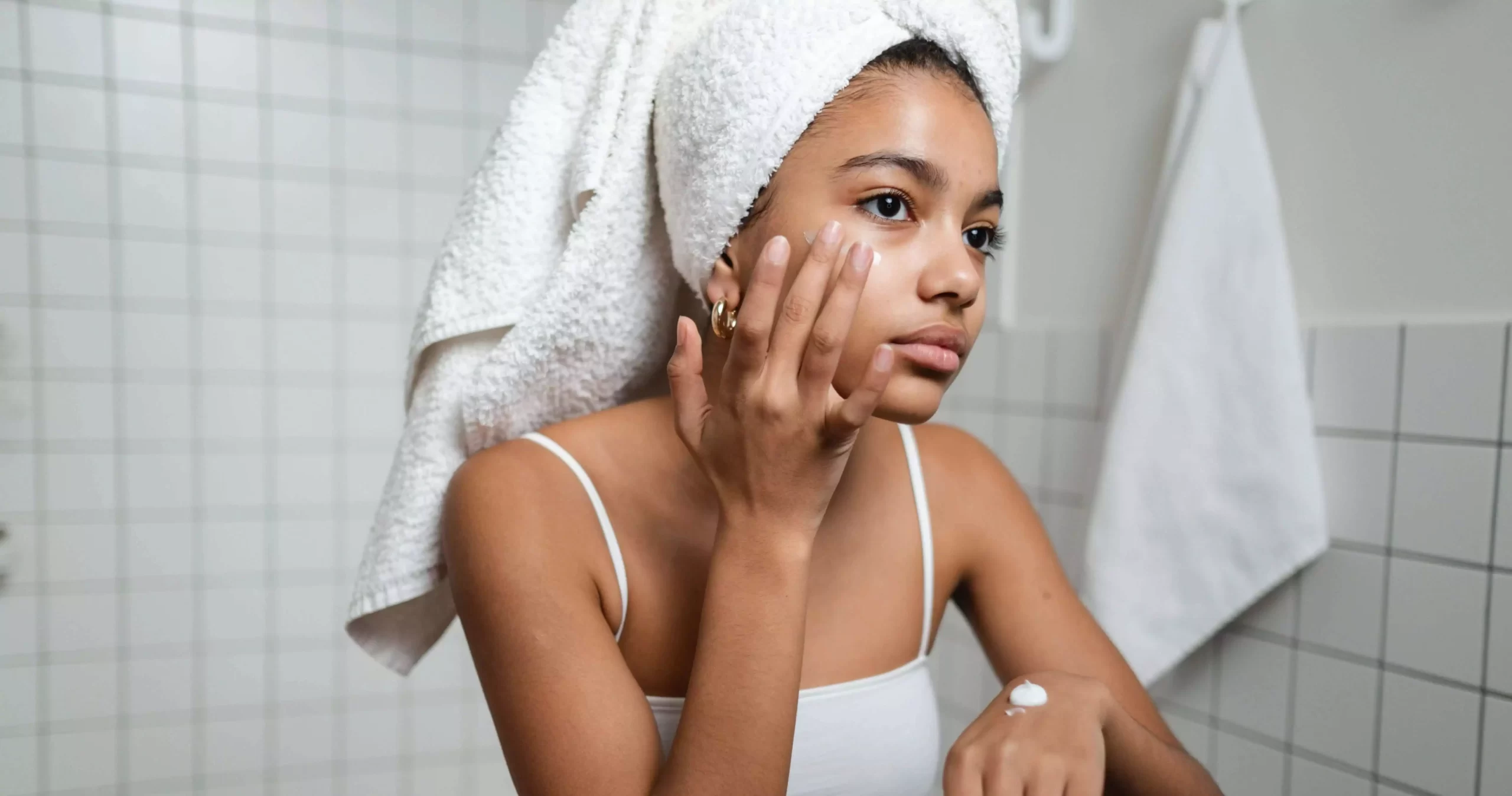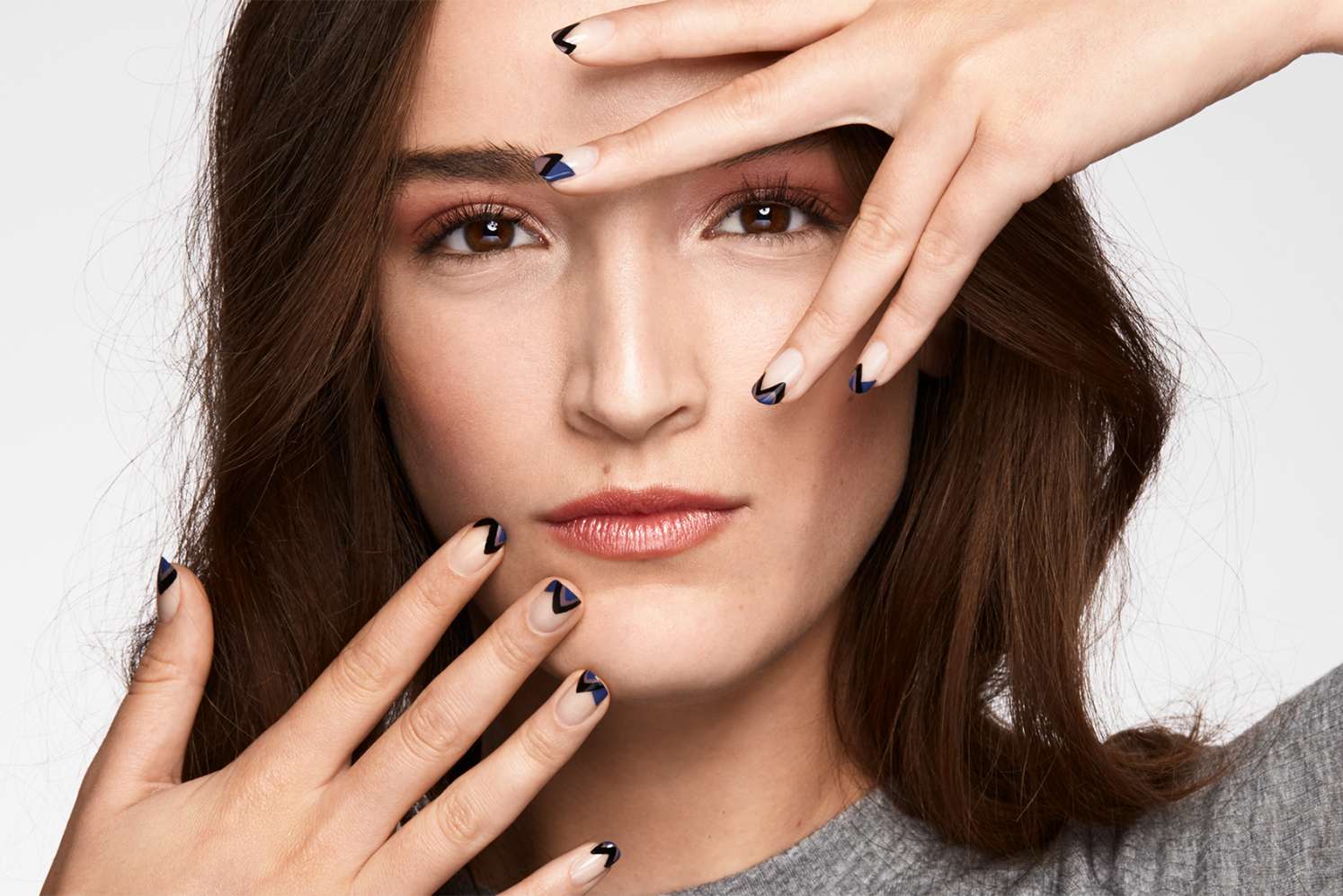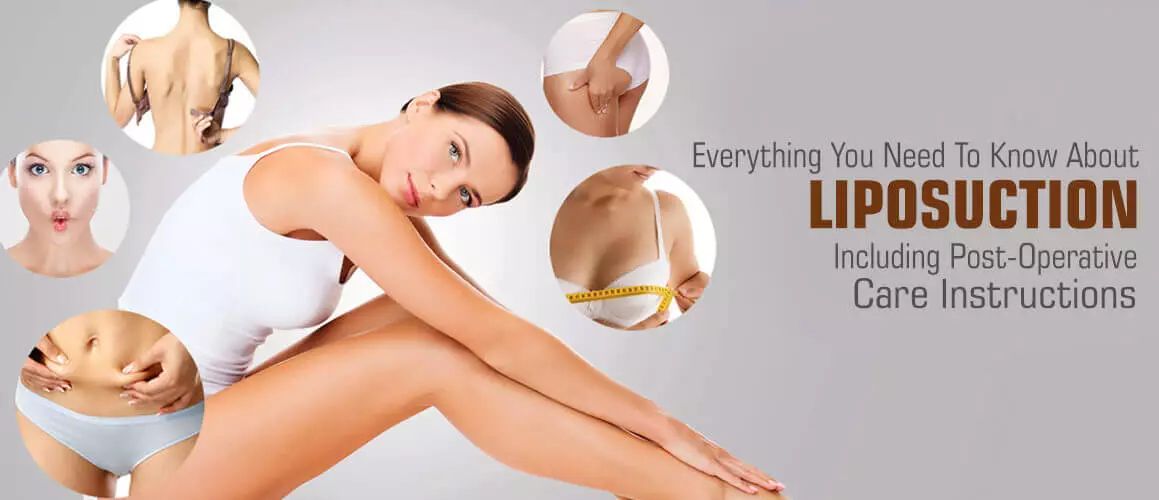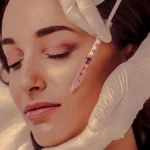Whether you’re a full-on beauty addict or an occasional makeup user, there’s no denying the convenience of single-use beauty products. Some of our favorite personal care products — from cotton rounds to sheet masks — are designed to be tossed in the trash after only one use, allowing us to zip through our self-care routines and take our beauty rituals on the go. But there’s a darker side to this convenience, and it comes at a steep environmental cost.
Our reliance on single-use disposable items produces an enormous amount of plastic waste. The majority of this waste ends up in landfills where it contributes to greenhouse gases that cause climate change. A significant amount of plastic waste also ends up in our oceans where it’s frequently found in the stomachs of marine wildlife, including the fish we eat.

Source: theearthlingco.com
Thankfully, the beauty industry is starting to take a more eco-friendly approach to their products. From banning microbeads to embracing plastic-free shampoo bars, it’s now much easier to break up with harmful plastic and toxic chemicals. Below, here are five areas of your beauty routine where you can — and should — kick single-use items to the curb.
- Makeup
If you’re looking for ways to reduce waste in your makeup routine, start by replacing makeup remover wipes. Traditional makeup wipes usually contain plastic fibers (polyester, rayon, polypropylene, etc.) that aren’t biodegradable and can leach into our water systems. Makeup remover wipes can also contain endocrine-disrupting chemicals such as parabens, giving you all the more reason to ditch them for good.
So, what should you be using instead? Your blush and foundation should come off easily with your daily facial cleanser. Wipe your face gently with a white cloth so you can see how much makeup is actually coming off.
Mascara and eyeliner are a bit more stubborn. To remove eye makeup, ditch the single-use makeup wipes and pick up a set of reusable bamboo cotton rounds instead. Dab a little bit of makeup remover on the pad and wipe your eyes gently. (Hint: If you’re looking for an alternative to traditional makeup remover, use jojoba oil in a glass bottle. It works just as well as a makeup remover wipe and is better for your skin!)
- Skincare
Next up: skincare. We hate to break it to you, but your single-use eye gel patches aren’t doing the environment any favors. Same goes for your sheet masks. Both of these products typically contain little to no recyclable ingredients and almost always end up in the trash after one use.

Source: Artem Varnitsin/Shutterstock.com
The good news? Pampering your skin doesn’t need to generate unnecessary waste. Single-use sheet masks can be easily replaced with a silicone sheet mask that can be used again and again. As for eye gels, those can just as easily be replaced with reusable eye patches that encourage products to sink into your skin.
If these simple swaps are inspiring you to make more eco-friendly changes to your skincare routine, here’s one more for you: ditch your bottled lotion and use a plastic-free lotion bar instead. Not only do lotion bars last longer and hydrate your skin more effectively, they’re also much better for the planet.
- Hair Care
Most people have grown used to seeing shampoo and conditioner come in plastic bottles. While these bottles aren’t technically single-use, they still end up in landfills after a few short months.
A better solution? Ditch the liquid stuff in favor of plastic-free shampoo and conditioner bars. Shampoo and conditioner bars are super concentrated and made with natural ingredients (read: no silicones, preservatives or parabens) that are much better for your tresses. Plus, they’re convenient for travel. No more worrying about liquid bottles breaking open inside your bag mid-flight!
- Hair Removal
The most eco-friendly hair removal method is to simply leave your hair alone. However, this isn’t everyone’s preference, so let’s talk about how to go hairless without harming the environment.
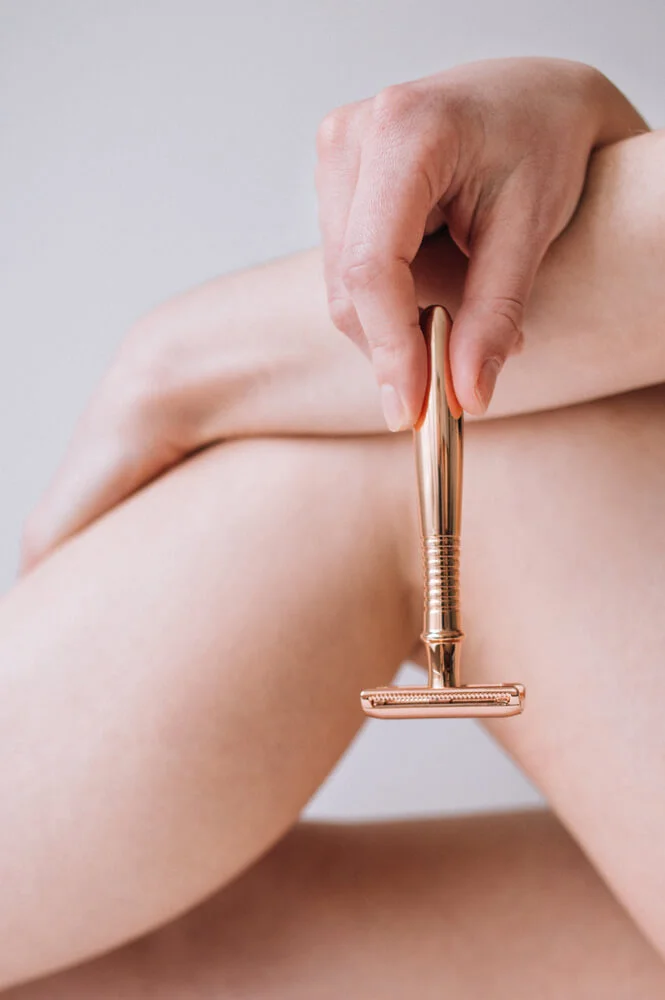
Source: Marya Chudakova/Shutterstock.com
First, stay away from wax strips. Along with being incredibly painful, wax strips can only be used once and contribute a lot of paper and plastic waste. If you want to go the wax route, stick to sugaring. Sugar wax is biodegradable and a more sustainable alternative to traditional waxing. It’s also less painful!
If you prefer to shave, say goodbye to your plastic razor and pick up a stainless steel safety razor instead. Safety razors may look intimidating at first, but they’re easy to use once you learn the proper technique. Plus, you’ll save money in the long run and reduce your carbon footprint.
- Dental Hygiene
Did you know that plastic toothbrushes add a whopping 50 million pounds of waste to landfills every year? Yikes. Swapping out your plastic toothbrush with a bamboo toothbrush is a smart move. Unlike plastic toothbrushes, bamboo toothbrushes feature a compostable handle that only takes about six months to break down. (In comparison, plastic toothbrushes take nearly 500 years to decompose.)
Another dental hygiene habit you should nix? Disposable dental floss picks. On top of being incredibly wasteful, they’re also not good for your teeth. Stick to regular floss — preferably, one made from sustainable bamboo fiber. And the next time you visit the dentist, politely decline their plastic goodie bag!
Small Steps Towards a Greener Beauty Routine
If you’re new to the idea of low-waste living, this information may seem like a lot to digest. We get it! We’ve all been there before. But even small changes to your beauty routine can make a big difference on the environment. If we all do our part, we can significantly reduce the environmental impact of our collective skin, hair, makeup and body care routines.

Karen is a health blog author who has been writing about healthy living since 2013. She started her journey by adopting a vegan diet and eating only organic foods, but the more she learned, the more she realized that we should all be eating plant-based diets exclusively. As an expert in nutrition and wellness, Karen blogs to educate readers on how they can live happier and healthier lives through food choices!


